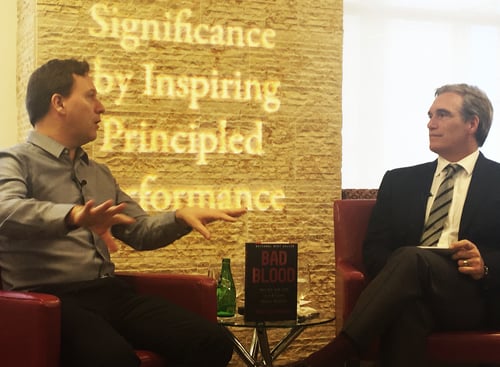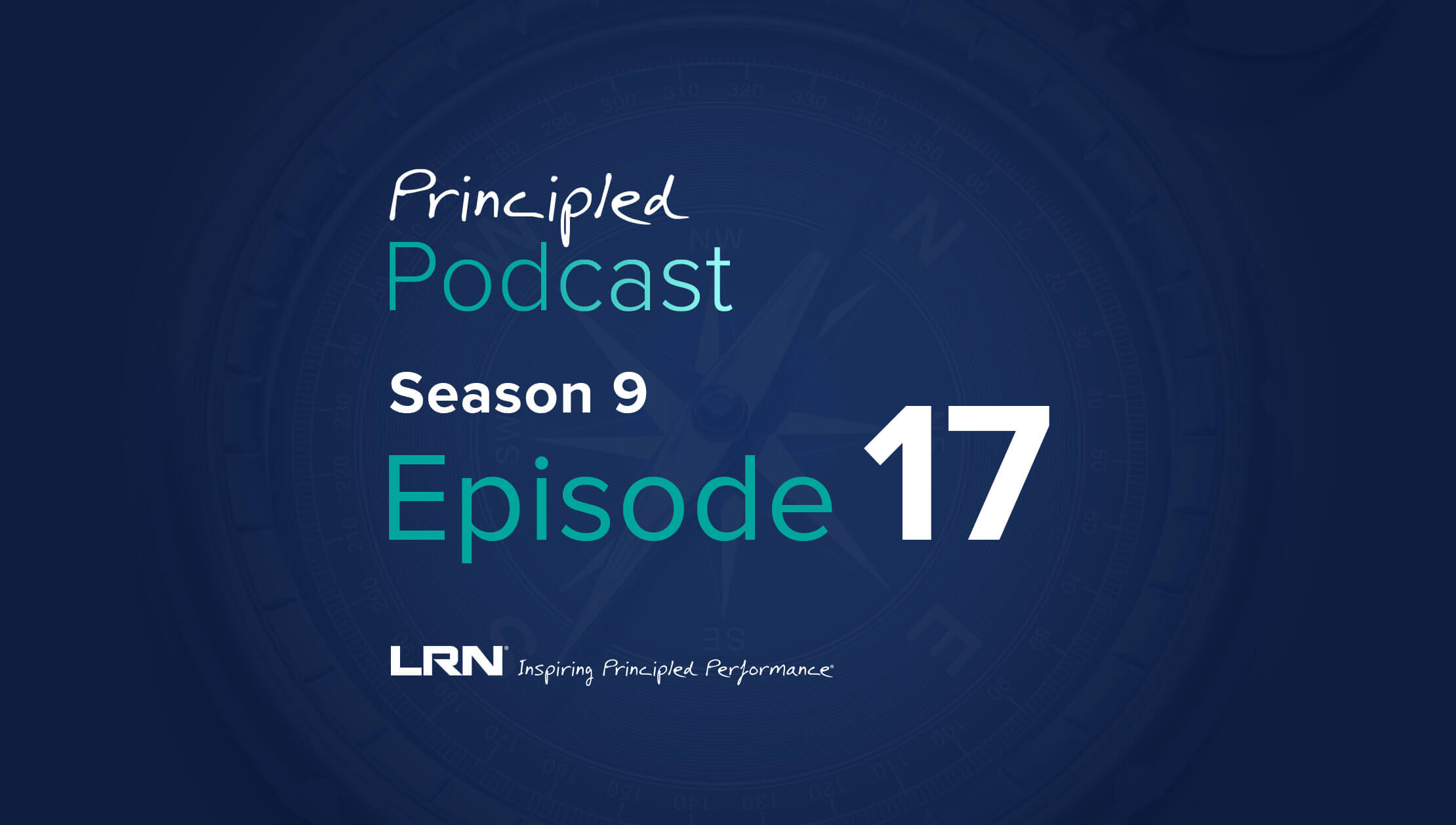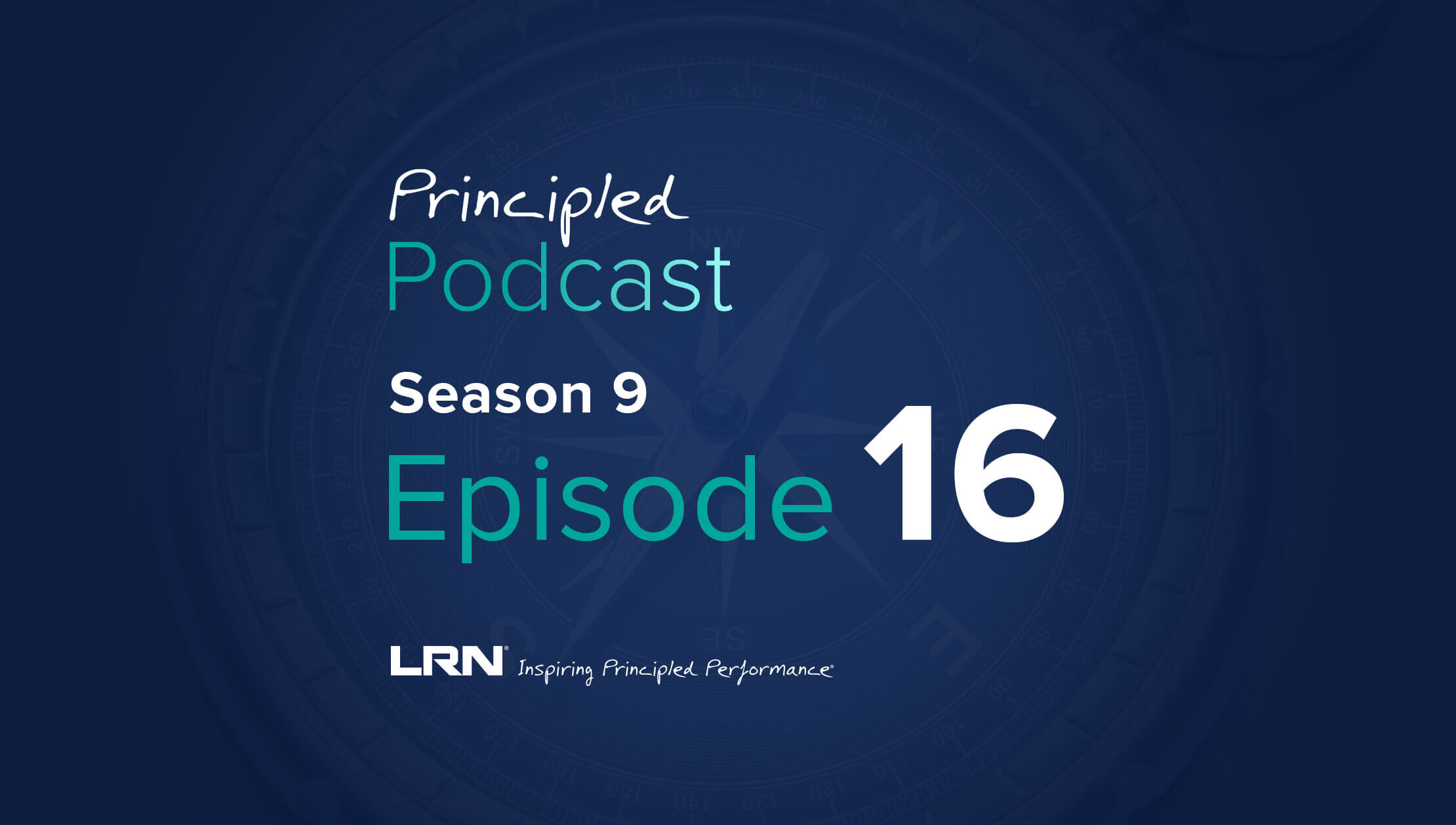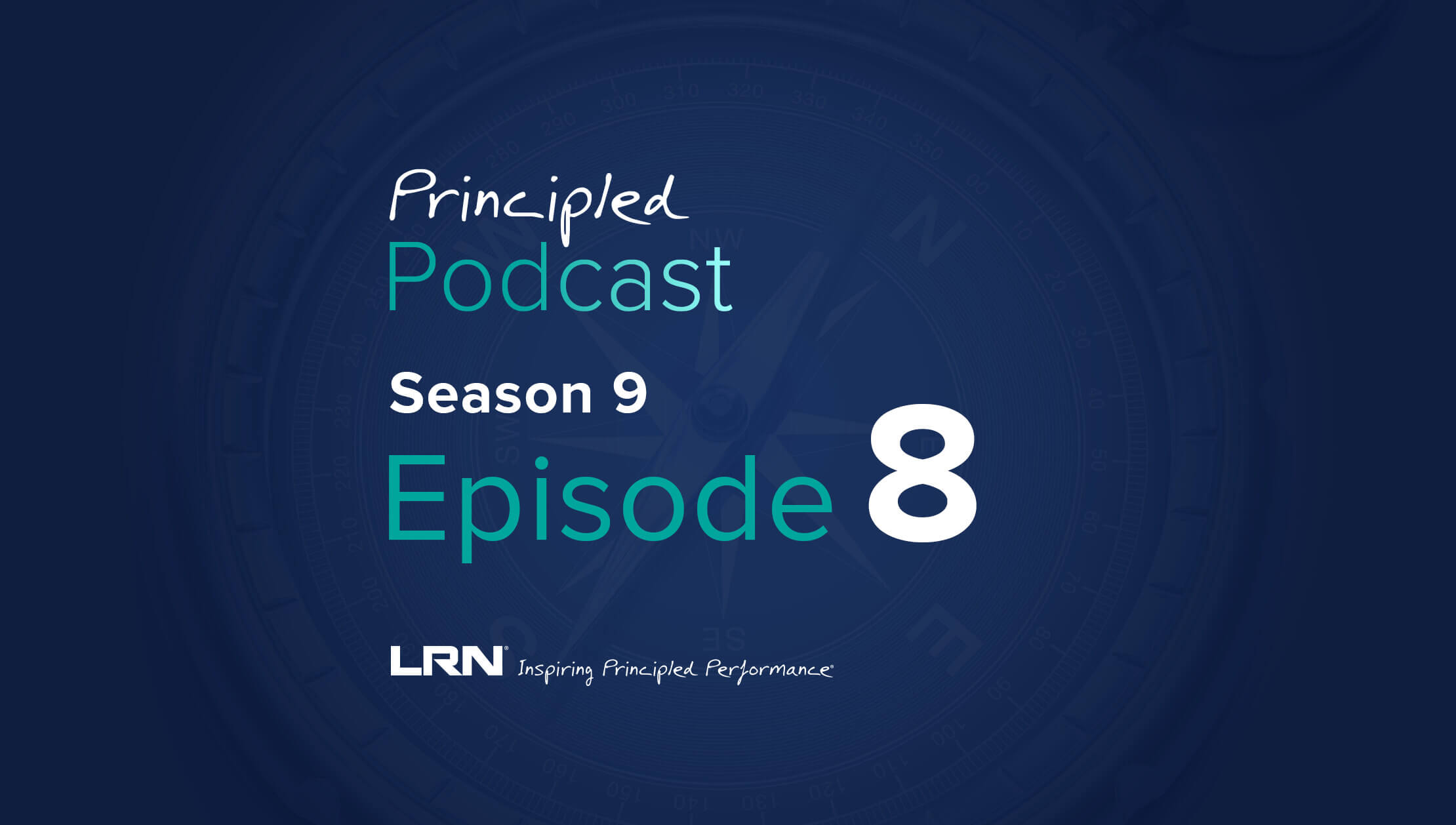In October 2015, Wall Street Journal reporter John Carreyrou wrote his first story about Theranos Inc., a blood-testing company accused of the biggest-ever fraud in Silicon Valley. Three years later, Carreyrou’s byline appeared on a WSJ story detailing how Theranos would “soon cease to exist.”
In that time, Carreyrou uncovered a tale of unbridled ambition, unfettered arrogance and unethical actions, as his reporting disclosed the unreliability of the company’s blood-testing device, how infrequently that device actually was used on the tests the company conducted, and other lies that enticed both investors, customers and corporate partners.
The lies and fraud resulted in federal charges against Theranos founder Elizabeth Holmes and the company’s second in command, her one-time boyfriend. The two deny charges they defrauded investors, who lost nearly $1 billion. They are accused of defrauding doctors and patients as well by providing possibly inaccurate test results that could have resulted in improper treatment and prescription decisions. A criminal trial is pending.
The story is recounted in Carreyrou's book, "Bad Blood," which is winning accolades as one of the top business books of 2018.
Carreyrou sat down with LRN Chief Executive Dov Seidman on Tuesday as part of the HOW Matters conversation series to discuss what the Theranos story says about Silicon Valley culture, what happens when ambitious people with big dreams get so blind with making their ideas succeed that they cross lines of ethics and integrity, and what courage it takes to stand up and report wrongdoing in the face of legal and other pressures.
“The behavior I reported on is very much a product of Silicon Valley culture,” Carreyrou said. The problem for Holmes and Theranos, he said, was that she tried to apply the Silicon Valley playbook of “fake it until you make it” to healthcare.
It was a grave mistake applying the culture of Silicon Valley and its sometimes “loose ethics” to healthcare, Carreyrou said. "This wasn't just a corporate fraud, this was a corporate fraud in which the public health was put at risk," he said. "Most people don't have any tolerance for that."
Seidman said it seemed the unethical actions Holmes engaged in--and the risk that a customer may get a false test result that led to unnecessary or wrong treatment--were worse because of the dangers they presented.
"It's a difference of kind, not just degree," said Seidman. "When you have knowledge that somebody might get falsely diagnosed, might either ingest something or accept a treatment or not have a required surgery because you're faking it till you're making it, that's at a whole other level."
Carreyrou said Holmes didn’t start out to perpetrate a con, she just had a vision and she lost sight of right and wrong as she pursued a goal the eventual Stanford University dropout first announced when she was a child: to be a billionaire.
So she never informed the board of problems, kept employees apart and fired those who spoke out or raised questions, and eventually chose to cheat partners and customers by offering faulty blood tests. The widow of a Theranos biochemist who committed suicide said he did so in part because of the company’s “culture of fear and secrecy,” as Carreyrou wrote in one story.
"It became a fraud with the years as she tried to achieve her vision, and as she ran into problems and setbacks, that she essentially papered over and never acknowledged to her board or to investors and eventually never talked to the public either," said Carreyrou.
"As the years went by and she kept maintaining that everything was hunky-dory and that she was succeeding, in fact, she was having all these setbacks behind the scenes," he said. "It got to a point where her claims and the reality of the product, that the gap became so massive that it became a fraud."
Seidman brought up the company’s board of directors, a roster of big-name present and former government officials who included Henry Kissinger, George Schultz, William Perry and current Defense Secretary James Mattis, all of whom received millions of dollars in stock and options for being on the board.
They were there to provide respectability and legitimacy to Theranos and Holmes, who was quoted as saying the “board was just the placeholder” and that “she made all the decisions.”
This story illustrates the problems of having one person in charge who possesses all the power, said Seidman.

Carreyrou made clear the board “wasn’t privy” to what she was doing. “They weren’t complicit in fraud, they were just completely incompetent and ignorant,” he said. Holmes sought these men out because of their accomplished resumes, he said, calling it "a form of reputational laundering. She knew that these men and their sterling reputations on her board would give Theranos this sort of sheen of respectability."
But they were also older men who didn’t understand the intricacies of blood testing, said Carreyrou. "None of them had any expertise, any diagnostics expertise, much less any sort of insight into blood testing," he said. "They were never going to be in a position or have the tools to ask the right questions and to poke in the right places."
Though the board held fiduciary responsibility, it was vested with stock options that kept them in check, and there was no ethics or compliance officer to sound alarms. But there was a regulatory counsel, who when he confronted Holmes about an inaccurate statement she made, was told there was time to correct the record. She never did.
Ironically, it was a grandson of George Schultz who worked at Theranos, Tyler Schultz, who was the first person to blow the whistle on the company, and that caused an estrangement between the two men. He later was joined by others who spoke up, and their cumulative stories helped to sink the company.
Seidman pointed out the bravery these people showed in coming forward, and also that Carreyrou showed by doggedly pursuing the story despite threats from the company and its well-heeled, high-powered legal team.
“One of the challenges, if not ironies, of how today’s world operates is that often doing the right thing is inconvenient or unprofitable, even dangerous, and requires courage,” said Seidman.



